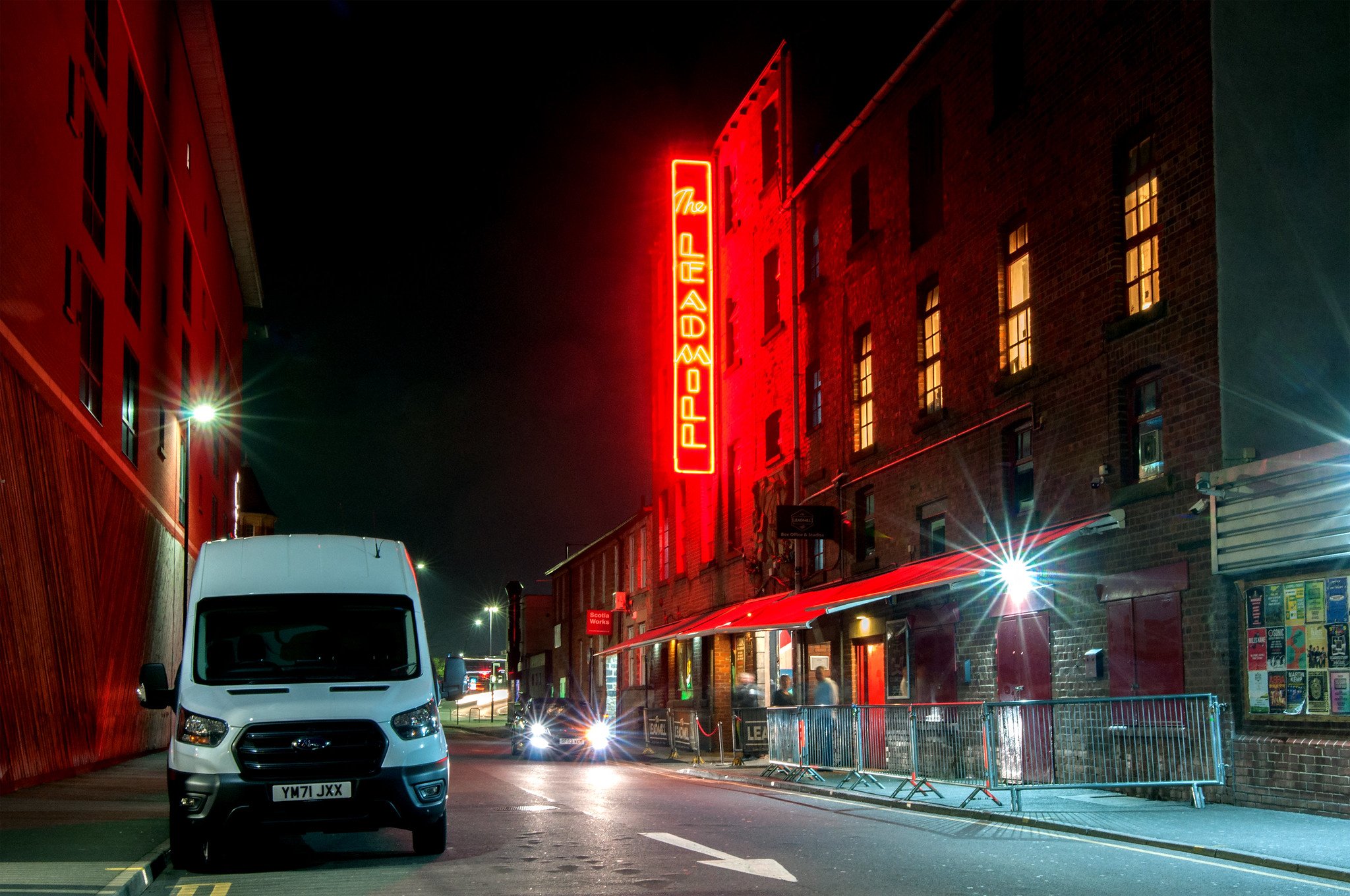
Iconic venue The Leadmill has hit out at plans to evict it from its home of 41 years
Photo: Tim Dennell
Leadmill battle highlights leasehold woes
An overwhelming lack of ownership among the UK’s independent music venues puts the future of the ecosystem at risk, advocates say.
A Sheffield venue’s battle against eviction has highlighted the vulnerability of Britain’s grassroots music scene, advocates say.
The Leadmill, a stage for artists including Pulp, Coldplay, The Stone Roses and Oasis since opening in 1980, has been given a one year notice by landlord The Electric Group, who plan to take over the venue.
Ninety-three per cent of UK music venues are run by tenants on commercial leases. In evidence submitted to the government in February, the Music Venue Trust identified this “inappropriate ownership model” in which venues pay rent to “landlords who do not share their aims” as a key threat to grassroots music.
READ MORE:
More than a third (35%) of independent British music venues have closed in the last 20 years, the trust reports.
A petition launched by Ian Lawlor, The Leadmill’s General Manager, called on the government to suspend part of Section 25 of the Landlord and Tenant Act 1954 – currently scheduled for review – so that tenants cannot be evicted until reforms have been implemented.
Section 25 “can be exploited by landlords, allowing them to expropriate the investment the tenant has made into the premises, including any goodwill developed over many years”, he wrote.
But the Department for Levelling Up, Housing and Communities rejected the petition last week, saying a suspension “would not be a proportionate way of addressing the underlying issues with the legislation”.
It said the government is committed to carrying out the review, first announced in December 2020, but provided no further details.
A dangerous precedent?
The Leadmill’s attempt to suspend Section 25, rather than simply fight the eviction, stems from concern their case “sets a dangerous precedent for landlords who look to capitalise off the hard work of their tenants”.
Section 25 requires landlords to give one of seven reasons for refusing to renew a commercial lease: persistent delays in paying rent; persistent breach of repair; uneconomic subdivision of the premises; a need for redevelopment; owner occupation; an offer from the landlord of alternative occupation; or some other substantial breach of contract.
The Leadmill’s petition requested the government to suspend all but the first two. Unresolved disputes usually end up in court, and an eviction based on the owner’s desire to occupy can result in compensation awards for the tenant.
Dominic Madden, CEO of The Electric Group, said on Twitter that "The Leadmill will continue to operate as a special music venue”.
“The management may change but the song stays the same.”
The venue’s current management responded that “everything that currently makes our venue what it is will be gone”.
Having spent millions of pounds to transform the derelict flour mill into a popular venue, it indicated it is not willing to hand over any of the value it’s added to its “sly and underhanded” landlord.
“The sign will go, the staff will go and the building will be stripped of everything that makes it unique, including our name”.
A sector-wide threat
Tenuous commercial leaseholds are “a significant weakness” of the predominant ownership model, the Music Venue Trust says.
Private freeholds mean a lack of security for venue operators, resulting in underinvestment and low resilience and sustainability that could lead to “a permanent loss of vital cultural spaces”, it warned.
“It is increasingly difficult to justify investing money back into the freehold when your long-term tenancy is not assured”, the charity wrote to government.
CEO Mark Davyd said amendments to Section 25 are “a method by which a better balance between the aims and aspirations of landlords and tenants can be achieved” but can’t alone shift the imbalance of ownership.
“A fix to the Landlord and Tenant Act, whether temporary or permanent, is a sticking plaster on a serious injury. We need to own our venues, not have slightly improved terms of temporary tenancy.”
The trust is set to launch a pilot scheme to tackle the problem next month. Music Venue Properties will encourage investors to pledge £3.5m for the trust to purchase freeholds of select grassroots venues, offering tenants longer-term security and stable rents.
It has advised the government to expand the scope of the Community Ownership Fund to encourage local acquisition of grassroots venues and optimise social investment tax relief.
Join the Discussion
You must be logged in to post a comment.